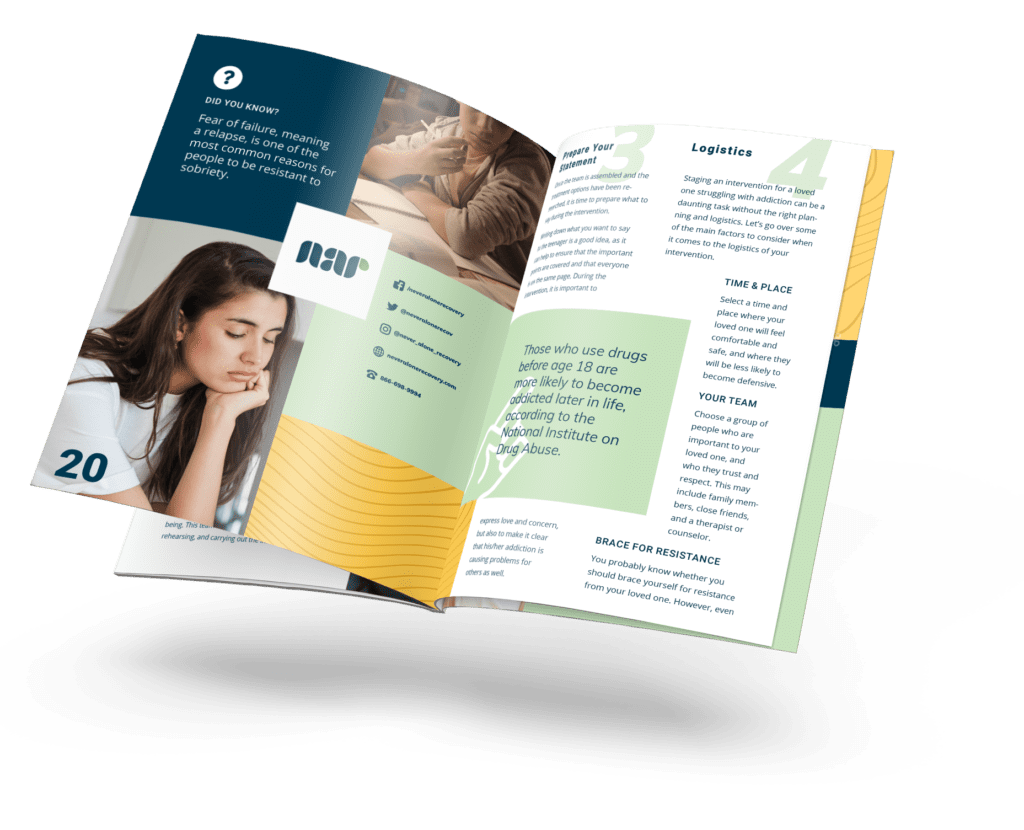Youth and teen mental health diagnosis rates are skyrocketing. This emotional epidemic that followed on the heels of the COVID-19 pandemic brewed for a long time and has at long last come to a head.
From parents to teachers to policymakers, anybody can see the effects in the day-to-day lives of the children they live and work with. And if children and teens are in danger, then our future is in danger.
How We Got Here
Puberty is a chaotic time in anyone’s life. However, this means teenagers are even more vulnerable to mental health crises—according to estimates, one-third of all mental health diagnoses manifest by age 14.
Although we can mitigate and treat some of the most extreme symptoms, finding and addressing the source of the symptoms is a better strategy than simply managing the symptoms.
This is an important conversation to have as current events and the socially-charged landscape seem to be elevating the rate at which adolescents are developing mental health disorders.
COVID-19 Pandemic
Rates of anxiety and depression spiked dramatically due to the pandemic. They ran rampant thanks to isolation, fear, uncertainty, and loss of faith in government after the arguably ineffective lockdowns.
Even today, we are still recognizing the lasting psychological effects of the pandemic as well as economic uncertainty, a huge motivator of substance abuse. But the pandemic also meant an entire generation would potentially be left undersocialized or possibly with stunted learning capabilities.
Adolescents who have no peers with whom they can socialize often lack an outlet for their emotions. Bottled-up feelings can curdle into something more sinister if those emotions can’t be expressed in a healthy, productive way.
Violence
All types of interpersonal violence and abuse increase the odds of mental illness:
- Dating violence, a teenage version of domestic abuse
- Sexual violence and pressure
- Bullying
These acts of violence are making a bad situation worse, especially when the global reach of the internet can amplify these triggers in a major way.
Social Media
Social media has been increasingly acknowledged as a legitimate threat to our mental health. To this point, even the Office of the Surgeon General has gotten involved.
Per recent estimates, at least 95 percent of all American teens are on social media. Although being able to stay connected with those in your network across vast distances is certainly a positive, research shows that those who use social media for three or more hours per day are twice as likely to develop a mental illness. (And pre-teenaged adolescents will regularly spend well over 3 hours on social media in a single day!)
Pushing people into virtual space, the pandemic robbed many children of some of their most formative years in which they learn how to better connect with peers, friends, family, and teachers. Although they always had social media and virtual space in addition to in-person interaction, those digital spaces were almost exclusively the source of social interaction.
What We Can Do
Experts have referred to the skyrocketing rates of teen mental health as the mental health crisis of our generation. Whether or not you ascribe to that same perspective, the good news is that we have opportunities to help curb this alarming trend.
Parental Involvement
We may not want to recognize it, but adults are partly responsible for the ever-increasing screen time. So-called “iPad parenting” is when parents use mobile devices as a tool for managing their children's behavior; after all, a child who's watching Paw Patrol is far less likely to be disruptive.
A parent's relief shouldn't come at the cost of the child's well-being.
A parent’s relief shouldn't come at a cost to the child's mental, emotional, and even physical well-being. For this reason, we're seeing more and more parents limiting their kids' screen time because it's much easier to create healthy habits around social media from the beginning than to unlearn unhealthy behavior.
Parents can also involve themselves more in their children’s online lives and interests. Like real-world activities, their digital life may feel trivial or uninteresting, but a supported child grows up to become a healthier adult. This involvement also allows parents to monitor the sites their children visit and the information they expose themselves to.
Of course, overbearing parenting can have the exact opposite effect. Children under authoritarian parenting can become shy, secretive, unable to make their own decisions, and hide their activities from their parents rather than reach out to them for help.
Genuine, honest dialogue and offering help and resources to children go a long way toward combating the dangers of online media.
Increased Regulation?
Some call for government involvement to better protect children from websites that do everything possible to attract vulnerable users and keep them there. Most social media websites have a minimum age for accounts, but children can lie, and parents may even circumvent them in a misguided attempt to help their children.
Others call for alterations in advertisements and algorithms. Designed to keep users online longer, stricter limits on the psychological manipulation that social media websites can use to keep their users engaged could help combat the issue.
How Never Alone Recovery Might Be Able to Help
If you or someone you know uses drugs to cope with any mental health issue, whether or not it comes from social media abuse, we are here to help. Our free addiction support offers help for anyone who needs it.
Make us a part of your plan to follow a more limited number of social media accounts for more information and to help you better manage your mental health.
adolescents, teen drug use


We're On Medium!
We're sharing the recovery stories of our community members. Be sure to check out Never Alone Recovery on Medium to read those featured stories.
YOU MAY ALSO LIKE...
January 24, 2024
December 19, 2023
July 20, 2022
July 16, 2024
September 7, 2023
DISCUSSION